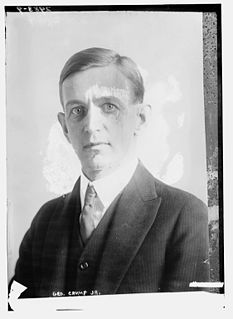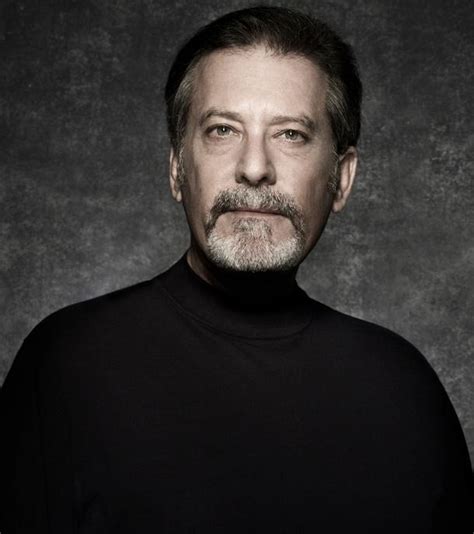A Quote by Jay Leno
Wikipedia was offline after an overheating problem at one of its data centers. It was pretty bad. For a while there, people had nowhere to go for phony, inaccurate information.
Related Quotes
Tape with LTFS has several advantages over the other external storage devices it would typically be compared to. First, tape has been designed from Day 1 to be an offline device and to sit on a shelf. An LTFS-formatted LTO-6 tape can store 2.5 TB of uncompressed data and almost 6 TB with compression. That means many data centers could fit their entire data set into a small FedEx box. With LTFS the sending and receiving data centers no longer need to be running the same application to access the data on the tape.
Data isn't information. ... Information, unlike data, is useful. While there's a gulf between data and information, there's a wide ocean between information and knowledge. What turns the gears in our brains isn't information, but ideas, inventions, and inspiration. Knowledge-not information-implies understanding. And beyond knowledge lies what we should be seeking: wisdom.
I'm quite good at taking in information so I voraciously inhale Wikipedia - which may have some things wrong in it, but I think is generally more information than we had before. Last tour we didn't have Wikipedia. And then Discovery Channel and History Channel. I can take it in and retain what I think are the most important facts.
But look what we have built low-income projects that become worse centers of delinquency, vandalism and general social hopelessness than the slums they were supposed to replace. Cultural centers that are unable to support a good bookstore. Civic centers that are avoided by everyone but bums. Promenades that go from no place to nowhere and have no promenaders. Expressways that eviscerate great cities. This is not the rebuilding of cities. This is the sacking of cities.
There is so much information that our ability to focus on any piece of it is interrupted by other information, so that we bathe in information but hardly absorb or analyse it. Data are interrupted by other data before we've thought about the first round, and contemplating three streams of data at once may be a way to think about none of them.
The core community is passionate about quality and getting it right. If you want to read some good criticisms of Wikipedia, probably the best place to go is to the Wikipedia article called 'criticisms of Wikipedia'... It was either the dumbest thing or the smartest thing I ever did. The dumbest thing for the obvious reasons, but the smartest thing because I don't think it could have had nearly as much impact as it has. One of the key things that inspired people to put a lot into it (was the charity aspect).

































